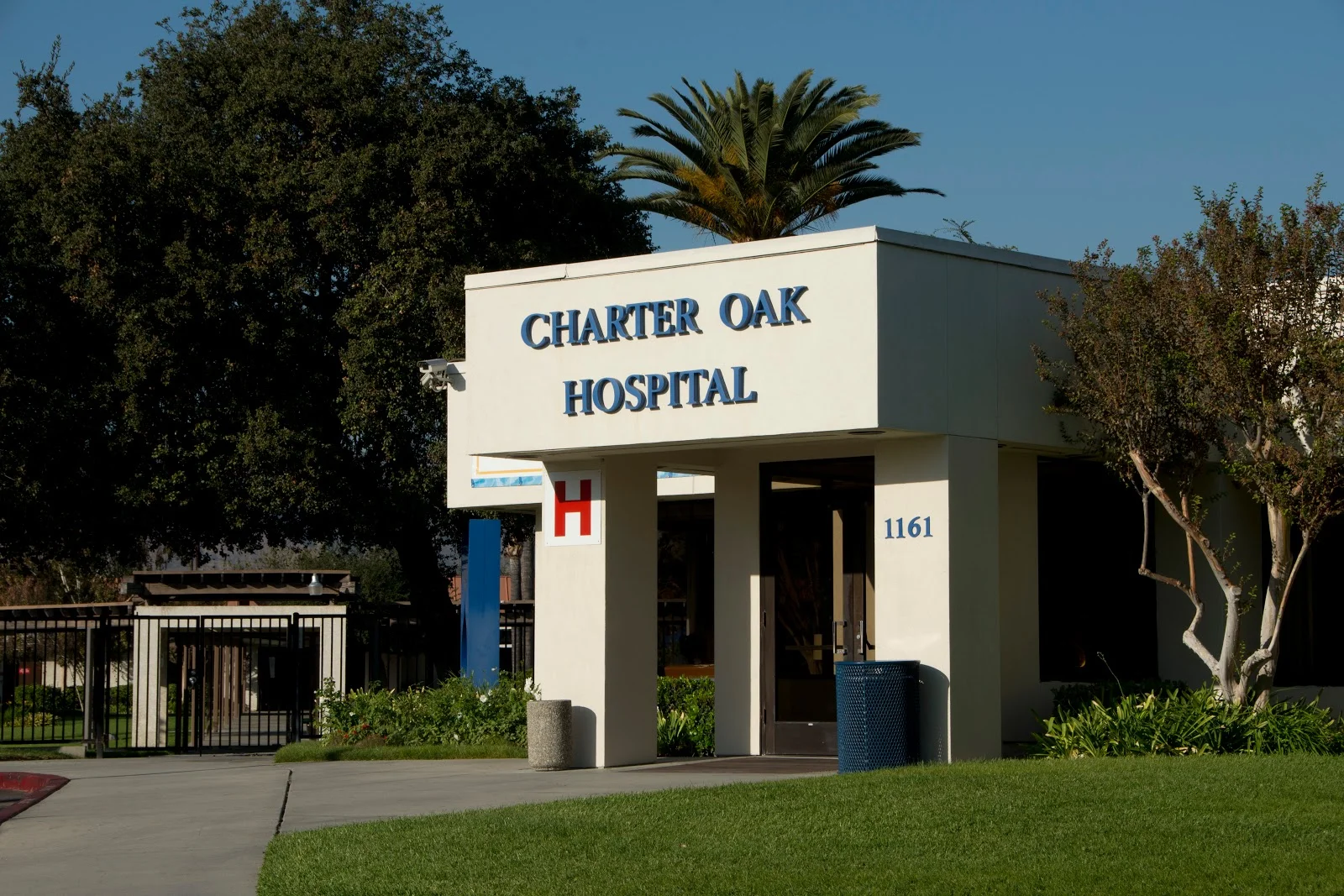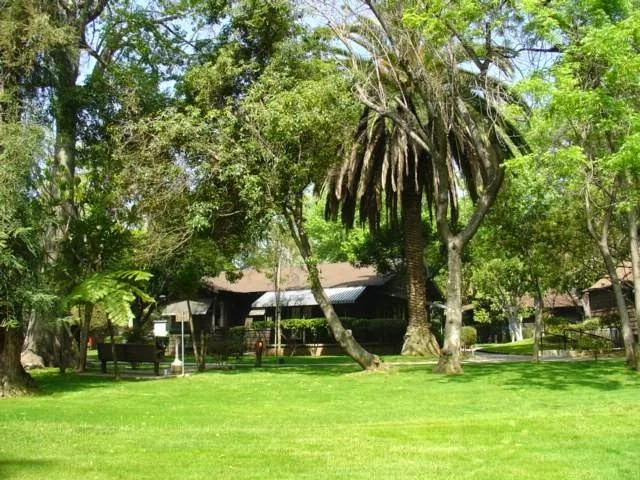Situated in Covina, California, Aurora Charter Oak Behavioral Health Care is a comprehensive treatment center for mental health and drug addiction disorders. The institution, which offers a range of inpatient and outpatient programs, is dedicated to delivering top-notch healthcare services to adults, children, and adolescents. To guarantee that people get the treatment they need, Charter Oak takes MediCal, TRICARE, Medicare, and can help with payment arrangements for those without insurance coverage.
Aurora Charter Oak provides a Chemical Dependency Intensive Outpatient Program for teenagers between the ages of 13 and 17. Three times a week, this regimented program offers therapy in the forms of group and individual therapy. Important subjects covered in sessions include controlling triggers, coping mechanisms, and preventing relapses. To maintain a friendly, cozy atmosphere, meals are also served during the program. The goal of this specialized treatment is to provide young people the skills they need to heal and become resilient over the long term.
Aurora Charter Oak provides a variety of outpatient programs for adults that are tailored to their individual requirements. For two to four weeks, the Partial Hospitalization Program (PHP) is offered. Attendance is required five days a week, Monday through Friday. Furthermore, the Intensive Outpatient Program (IOP) provides three times a week, three hours a day of therapy, and flexible scheduling with morning and evening hours. For those who need it, both programs provide medication-assisted therapy along with an organized approach to rehabilitation. Referrals for aftercare are also provided, guaranteeing continued assistance for long-term wellbeing.
At Aurora Charter Oak, patient-centered, tailored treatment is the main priority. The center's serene setting provides a caring atmosphere where people may find security and assistance as they address issues with their mental health and drug usage. The caring staff at Charter Oak recognizes the intricacies of every person's journey and customizes each treatment plan to the specific requirements of the individual patient.
Through its patient-centered approach, Aurora Charter Oak is dedicated to promoting long-term wellbeing by making sure that every person gets compassionate and all-encompassing care as they travel the road of recovery and development.
The Joint Commission has granted the institution its accreditation, indicating that it satisfies the highest requirements for healthcare quality and safety. Furthermore, Aurora Charter Oak's complete license from the state of California attests to its dedication to provide top-notch mental health and drug-related treatment services.
Aurora Charter Oak Behavioral Health Care Information
Treatment
Who We Treat
- Adolescents
- Children
- Male and Female
Treatment Focus
- Depression
- Suicidality
- Drug Addiction
- Trauma
- Opioids
Approaches
- Twelve Step
- Medical
- Evidence-Based
- Individual Treatment
Conditions We Treat
- Depression
- Suicidality
- Trauma
- Post Traumatic Stress Disorder (PTSD)
- Anxiety
- Schizophrenia
- Bipolar
- Self-Harm
Substances We Treat
- Alcohol
- Opioids
- Heroin
Languages
- English
Aftercare
- Outpatient Treatment
- Relapse Prevention Planning
- Continuing Care
- Discharge Planning
- Support Meetings
Level of Care
- Detox
Accreditations
-
The Joint Commission
The Joint Commission accreditation for addiction and behavioral health is a prestigious recognition signifying a facility's commitment to delivering high-quality care and safety for individuals dealing with substance abuse and mental health issues. It involves rigorous evaluations and assessments, ensuring patients receive evidence-based treatment and exceptional care. This accreditation demonstrates a facility's dedication to continuous improvement and ethical practices, building trust among patients and healthcare professionals seeking top-tier addiction and behavioral health services.

-
State department of health
Government agencies issue State Licenses, granting permission to rehabilitation organizations to conduct their business operations lawfully within specific geographic regions. Generally, the particular rehabilitation programs offered by a facility and its physical location dictate the necessary licenses needed for legal operation.

Additional Locations
Aurora Charter Oak Behavioral Health Care Accepts The Following Insurance Plans
Find the best treatment options. Call our free and confidential helpline today!




















